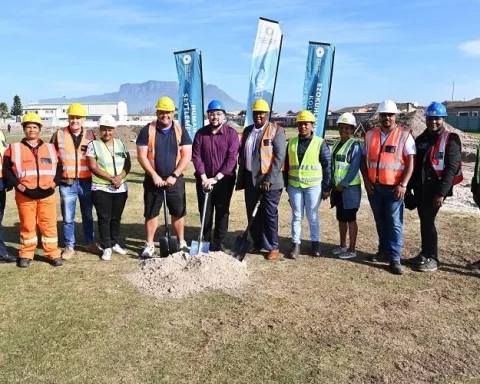Bafana Bafana, South Africa’s national football team, was once a force to be reckoned with in the world of football. However, since their golden era in 2001, where they secured their second consecutive World Cup qualification, the team has struggled to qualify for FIFA World Cup editions. In this article, we explore the reasons behind their decline in performance.
The 2006 World Cup Qualifiers
Under Stuart Baxter’s leadership, Bafana Bafana began the 2006 World Cup qualifiers strong. However, they ultimately faltered against Congo DRC and Burkina Faso and faced a formidable Ghanaian team led by Stephen Appiah and Michael Essien. It was apparent that Bafana’s golden era was coming to an end.
The Importance of Overseas-based Players
One significant reason for Bafana’s inability to qualify is the scarcity of South African players in European leagues. Comparing the 2002 squad to the 2010 edition, the former possessed significantly more international experience and pedigree. Yet, even with their overseas exposure, the 2002 team under Jomo Sono seemed weaker on paper than Nigeria, Senegal, and Cameroon. Present-day Bafana teams feature a significant percentage of players from the domestic Premier Soccer League (PSL).
The Quality Gap in African Football
The victory against Morocco highlights a persistent issue in African football: the quality gap between top African teams and average ones is relatively narrow. Consequently, when average teams perform at their best, they can indeed secure results. However, this is not a sustainable strategy for long-term success, as evidenced by the struggles of Zambia, Bafana, and Mali in World Cup qualifications.
The Need for More Resources in Player Development
The reality is that quality prevails over quantity. Relying on a squad with 80% of players from the PSL is unlikely to catapult Bafana to the 2026 World Cup. Thus, until the South African Football Association (SAFA) invests more resources in player development, the national team will continue to struggle in international competitions.
Prioritizing the Development of Young South African Talent
SAFA must prioritize the development of young South African talent and facilitate their integration into top European competitions if Bafana Bafana is to regain its former glory on the world stage. The decline in the number of players plying their trade in top European leagues is hindering Bafana’s progress in the international arena. The 2002 team’s success serves as a stark reminder of how vital overseas-based talent is for a competitive national team.
The decline of Bafana Bafana in World Cup qualifications can be attributed to various factors, including the scarcity of South African players in European leagues, the quality gap in African football, and the need for more resources in player development. To regain their former glory on the world stage, SAFA must prioritize the development of young South African talent and facilitate their integration into top European competitions.












